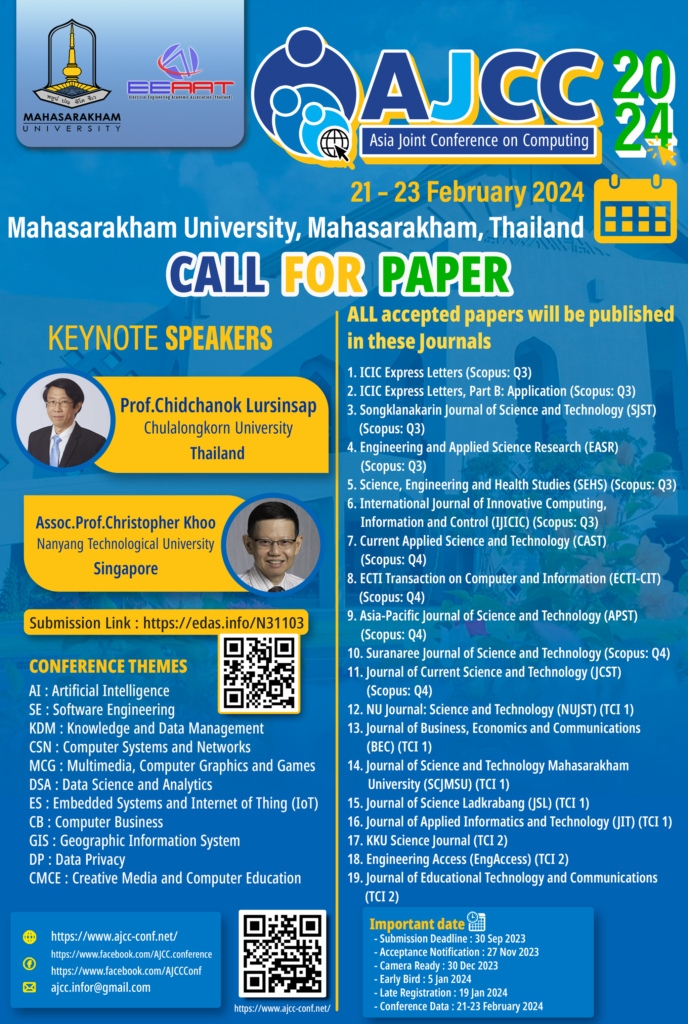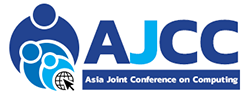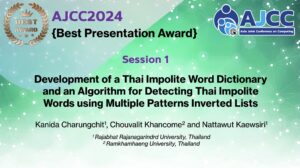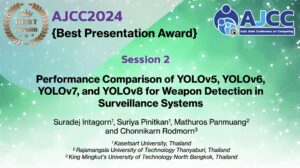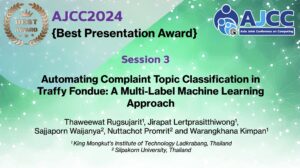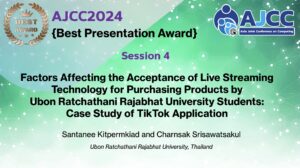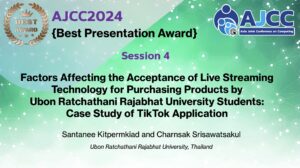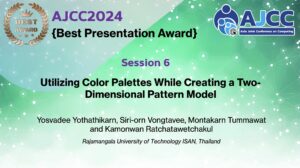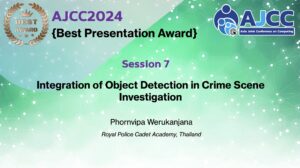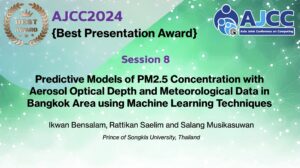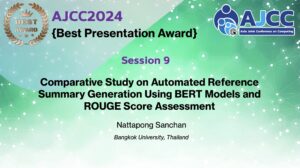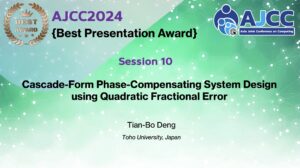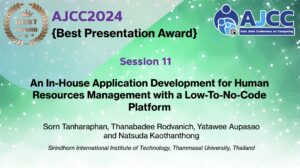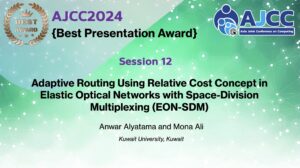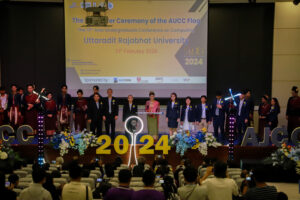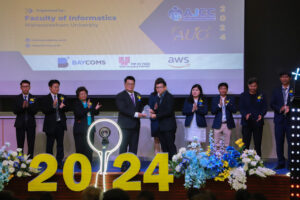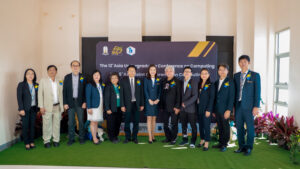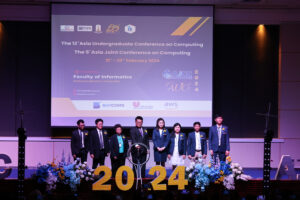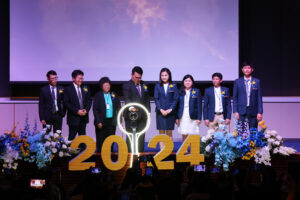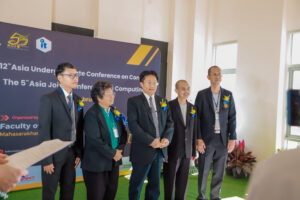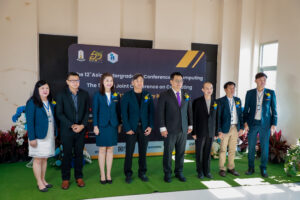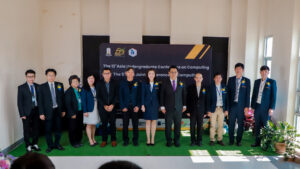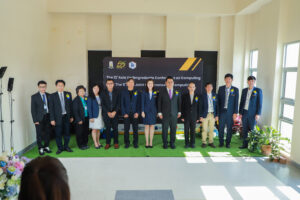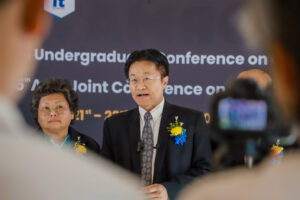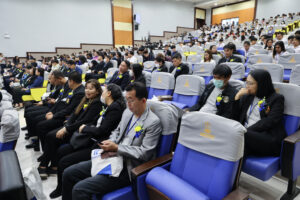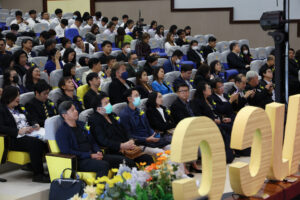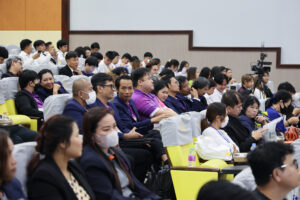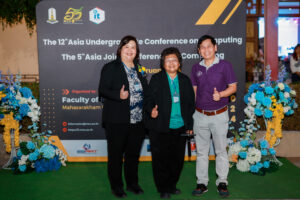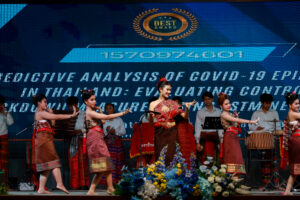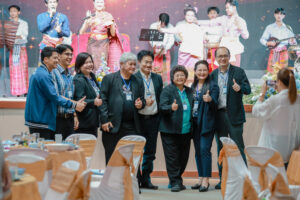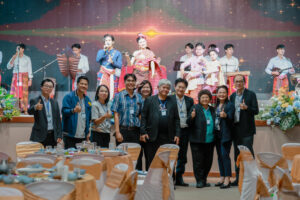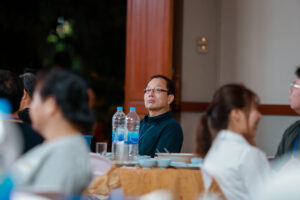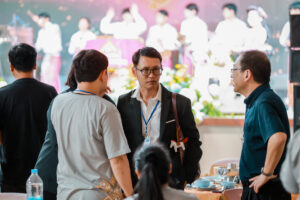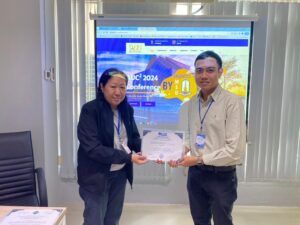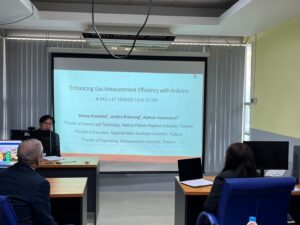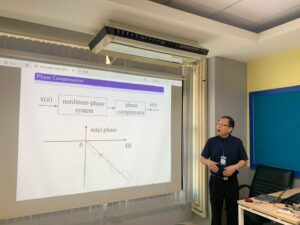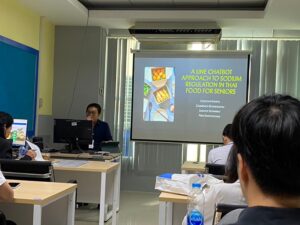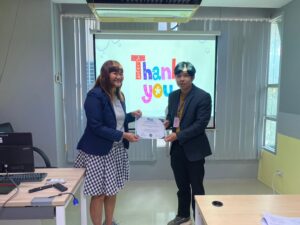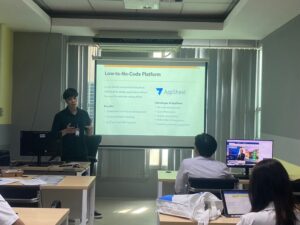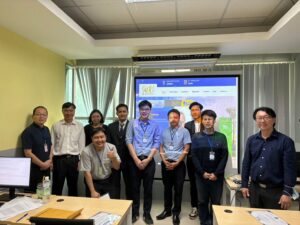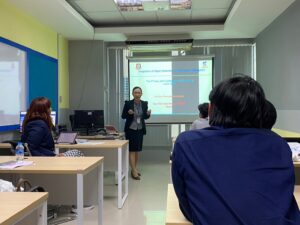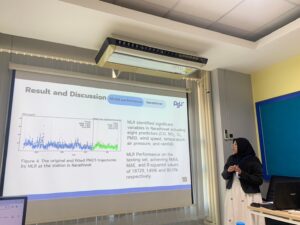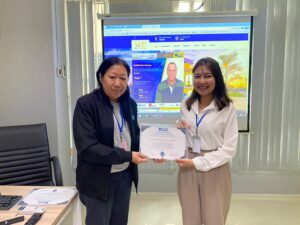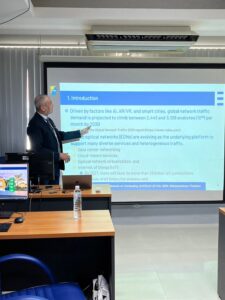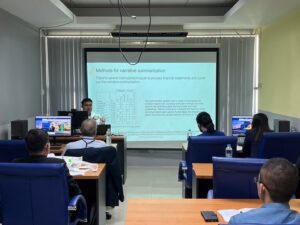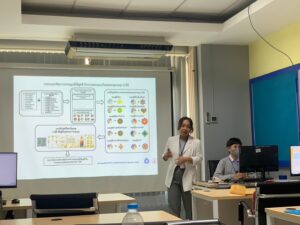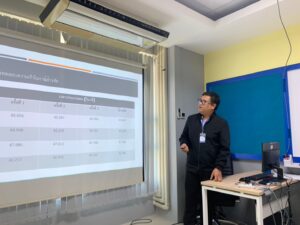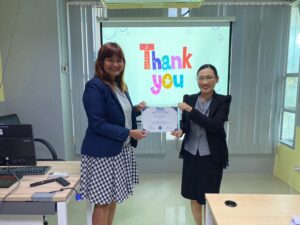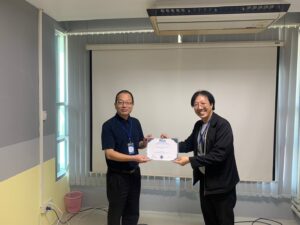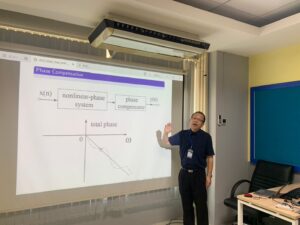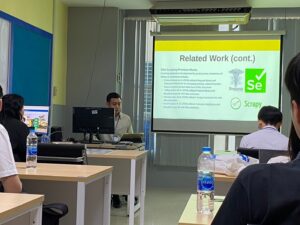AJCC2024
Host: Mahasarakham University
Event Date: 21-23 February 2024
Venue: Faculty of Informatics, Mahasarakham University,
Mahasarakham, Thailand
Keynote speakers:
Prof. Patrick Doherty
Linköping University, Sweden
Title: Collaborative Robotics for Emergency Rescue: A Distributed Task and Information Perspective

Title: Collaborative Robotics for Emergency Rescue: A Distributed Task and Information Perspective
In the context of collaborative robotics, both distributed planning and task allocation, and situation awareness are essential for supporting goal achievement, collective intelligence and decision support in teams of robots and human agents. This is particularly important in applications pertaining to emergency rescue and crisis management. Given a high-level mission specification, provided by a member of a rescue team, human or robotic, one requires a mechanism for generating and executing complex, multi-agent distributed plans and tasks. The proper task representation is essential for both the generation and execution of complex multi-agent distributed tasks. Task Specification Trees have been proposed for this purpose and a Delegation Framework is used for distributed task allocation. Additionally, during operational missions, data and knowledge is gathered incrementally and in different ways by teams of heterogeneous robots and humans. We describe this as the formation and management of Hastily Formed Knowledge Networks (HFKN). The resulting distributed knowledge structures can then by queried by individual agents for decision support. These structures are represented as RDF graphs and graph synchronization techniques are introduced to retain consistency of the collective knowledge of a team.
In this talk, I will present both the HFKN and Delegation Frameworks, their integration, and in addition describe various field robotic experiments with UAVs which use the overall system. If time allows, I will also discuss a Swedish national project where this framework has been used by both industrial and academic partners in large public safety scenarios using UAVs, USVs and AUVs in maritime and sea rescue scenarios.
Prof. Chidchanok Lursinsap
Chulalongkorn University, Thailand
Title: Energy and Resource Awareness in Machine Intelligence and Learning
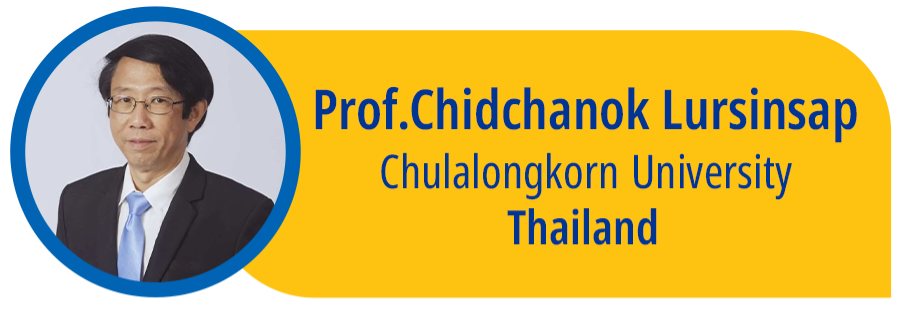
Chidchanok Lursinsap (Member, IEEE) received the B.Eng. degree (Hons.) in computer engineering from Chulalongkorn University, Bangkok, Thailand, in 1978, and the M.S. and Ph.D. degrees in computer science from the University of Illinois at Urbana–Champaign, Champaign, IL, USA, in 1982 and 1986, respectively. He was a Lecturer with the Department of Computer Engineering, Chulalongkorn University, in 1979. In 1986, he was a Visiting Assistant Professor with the Department of Computer Science, University of Illinois at Urbana–Champaign. From 1987 to 1996, he worked at the Center for Advanced Computer Studies, University of Louisiana at Lafayette, as an Assistant and Associate Professor. After that, he came back to Thailand to establish Ph.D. program in computer science at Chulalongkorn University, where he became a Full Professor. His major research interest includes neural learning and its applications to other science and engineering areas.
Title: Energy and Resource Awareness in Machine Intelligence and Learning
The advancement of artificial intelligence (AI) rapidly improves and accelerates research in various fields. The major approach of AI is based on the method of neural network learning which requires a huge amount training data with more than billion network parameters. To achieve high accuracy within a minimum time, a large computer system architecture must be deployed. The higher the speed is, the more power consumption is unavoidable. Furthermore, low speed computer hardware must be replaced by faster computer hardware. Obsolete hardware contains toxic material. This talk will discuss the new emerging crisis due to the creation of highly intelligent machines in the aspects of energy and resources awareness. To alleviate this crisis, new learning algorithms for machine learning must be invented. Some examples will be discussed.
Awards
Best Paper Award
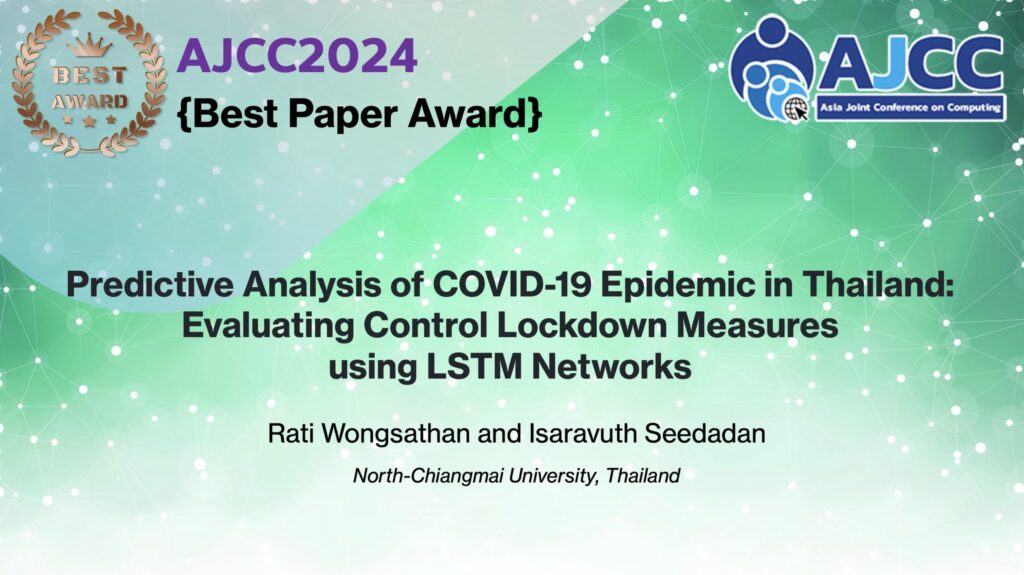
Best Presentation Awards
Call for papers
